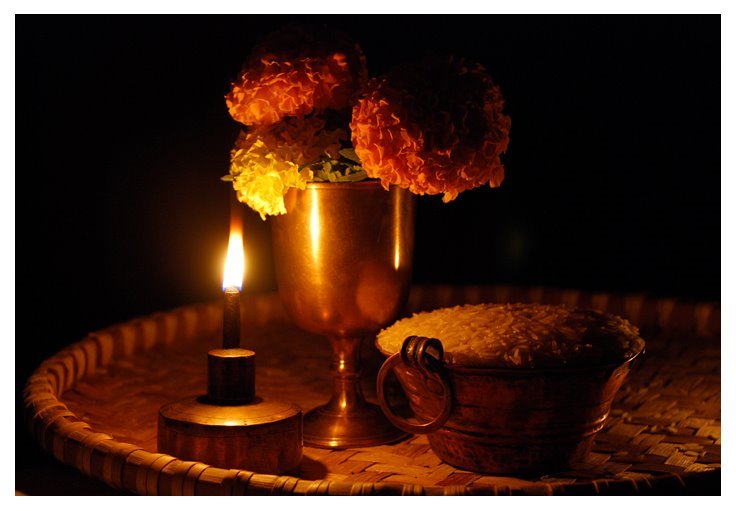KEEP THE FINGERS CROSSED
Posted by Ramesh Khati on July 29, 2009
By Sumanta Sen
The Centre, the state and the Gorkha Janmukti Morcha will meet in New Delhi on August 11 to discuss the situation in the Darjeeling hills. Earlier, there had been another meeting but all that it had achieved was an agreement to meet again. If the Centre and the state had hoped that the GJM would put a halt to its agitation because talks were in progress, they were mistaken. Next month’s meeting has been forced upon them by Bimal Gurung and Roshan Giri, who imposed an indefinite bandh in the hills from July 13 to July 28. The agitators may consider the Centre’s call for a meeting a victory of sorts but that is all they may have in their bank. Unless, of course, the Congress in West Bengal and the Trinamul Congress decide to go along partly with the GJM’ s demand for a separate state. It is on them that the Centre’s decision depends.
Such a possibility does exist. Although the Left Front in West Bengal is dead against the claim, the home ministry may well seek to persuade Writers’ Buildings that making a partial concession to the demand will relieve the government of much of its worries. The Morcha wants the proposed Gorkhaland to include Siliguri and parts of the Dooars. It may be offered just the three hill sub-divisions as a compromise. The Morcha, of course, will spurn such an offer. But for how long? After all, it is also under pressure from the people who are getting restless with a life of agitation and economic uncertainty. New Delhi is also under some pressure as adjoining Sikkim has to bear the brunt of the GJM bandhs though the issue does not concern that state.
Wits’ end
Politically, the Congress and the TMC do not lose anything if they support the cause of Gorkhaland. In the hills, they have no presence. In the plains, they will tell Bengalis that the creation of a small Gorkhaland cannot be compared to the Partition of 1947 because it will not lead to any uprooting of people. On the other hand, if the agitation is put to an end, tourists will have no further problems in going to Darjeeling. The trading community in Siliguri will say that call the hills by whatever name, its business will remain unaffected. These are arguments that the Marxists will find difficult to refute, particularly since it has become clear that the state government’s writ no longer runs in Darjeeling, Kurseong and Kalimpong.
The problem, however, lies elsewhere. Opposition to Gorkhaland is essentially emotive. Bengalis cutting across party lines cannot be expected to accept life without the hills. It may be a partition without tears but it will be a partition still — the taking away of Darjeeling where Chittaranjan Das had breathed his last, and Mangpu and Kalimpong, places associated with Rabindranath Tagore.
As things stand, the August 11 meeting is unlikely to yield any result. The Morcha leaders also know this and hence are insisting on an immediate face-saver — the transfer of some senior police officers. If the state government agrees to do this, the Morcha will have something to show to the people. Actually, the Morcha is also at its wits’ end as it does not know which way to turn. At the same time, it is aware of its promise that Gorkhaland will become a reality by 2010.
Will reality make the GJM compromise and accept a truncated Gorkhaland, if at all? Will the Marxists and Bengalis in general accept this as the best of a bad job? Or, will things be allowed to drift and the hills continue to suffer from the lack of an administrative system? With answers to such questions elusive, next month’s meeting holds out no promise. Except, perhaps, that non-issues like transfer of officials may be resolved. As for the central concern, it has now come to the stage of who blinks first — the state government or the GJM.












Leave a comment